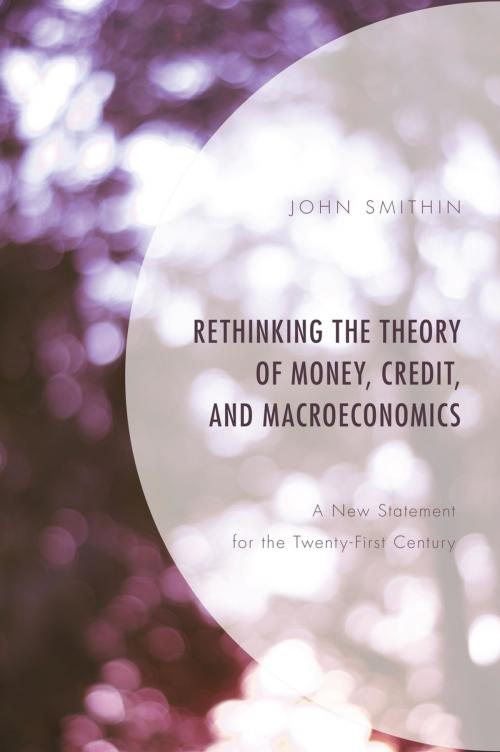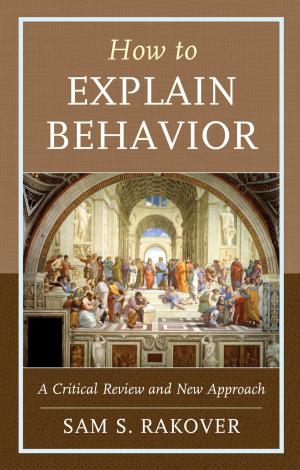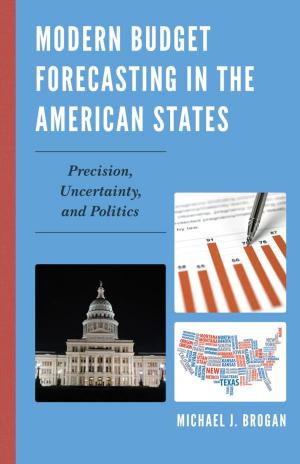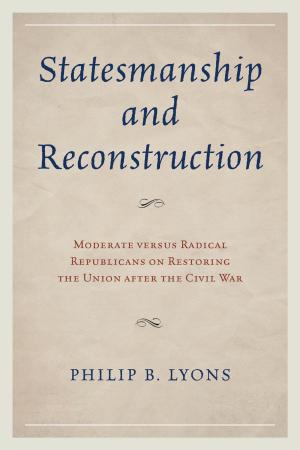Rethinking the Theory of Money, Credit, and Macroeconomics
A New Statement for the Twenty-First Century
Nonfiction, Reference & Language, Education & Teaching, Educational Theory, Philosophy & Social Aspects, Business & Finance, Economics, Theory of Economics| Author: | John Smithin | ISBN: | 9781498542821 |
| Publisher: | Lexington Books | Publication: | September 15, 2018 |
| Imprint: | Lexington Books | Language: | English |
| Author: | John Smithin |
| ISBN: | 9781498542821 |
| Publisher: | Lexington Books |
| Publication: | September 15, 2018 |
| Imprint: | Lexington Books |
| Language: | English |
This book provides a comprehensive re-working of the basic principles of monetary macroeconomics in an alternative monetary model (AMM) of economic growth, the business cycle, inflation and income distribution. These principles differ considerably from those advanced in the standard macroeconomics literature and in textbooks. However, the latter have been demonstrably unsuccessful in the promotion of usable macroeconomic policy advice for the past several years, actually decades. A different approach is needed. In particular, the new approach takes seriously the vital role of credit creation and endogenous money in capitalism. It does not imagine that all of the difficult questions of economic policy-making may be resolved within a paradigm that conceptualizes economic activity as merely a question of barter exchange. The result is a blueprint for a set of growth-friendly macroeconomic policies which will promote full employment, financial stability and higher real wages – essentially for the benefit of the long-suffering middle and working classes rather for the chamber of commerce and financial interests.
This book provides a comprehensive re-working of the basic principles of monetary macroeconomics in an alternative monetary model (AMM) of economic growth, the business cycle, inflation and income distribution. These principles differ considerably from those advanced in the standard macroeconomics literature and in textbooks. However, the latter have been demonstrably unsuccessful in the promotion of usable macroeconomic policy advice for the past several years, actually decades. A different approach is needed. In particular, the new approach takes seriously the vital role of credit creation and endogenous money in capitalism. It does not imagine that all of the difficult questions of economic policy-making may be resolved within a paradigm that conceptualizes economic activity as merely a question of barter exchange. The result is a blueprint for a set of growth-friendly macroeconomic policies which will promote full employment, financial stability and higher real wages – essentially for the benefit of the long-suffering middle and working classes rather for the chamber of commerce and financial interests.















